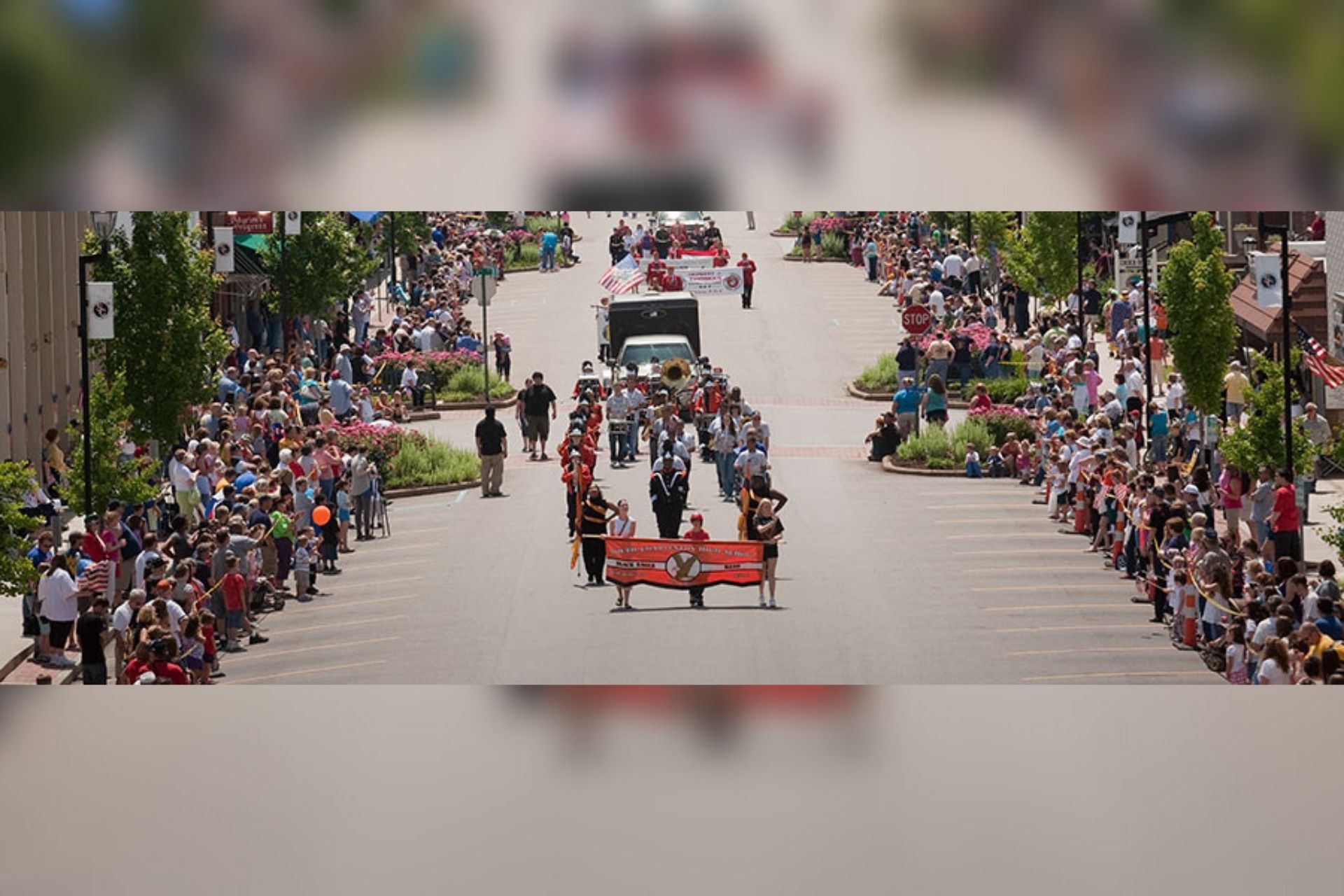
- This event has passed.
Investing in Rural Prosperity: A Framework for Advancing Shared Economic Prosperity in Rural Communities across the United States
November 16, 2021 @ 3:00 pm – 4:00 pm EST

Across the country, many vulnerable rural communities were still striving to fully recover from the Great Recession when the COVID-19 pandemic struck. The pandemic– and the steep economic downturn caused by the measures implemented to limit its spread– hit many vulnerable rural communities particularly hard: from low-wage meatpacking workers in the Midwest to Native communities in the Southwest, and from Black Americans in the Southeast to immigrant farmworkers in the West.
Recognizing the precarious situation many of these communities faced before the pandemic, and the tough work they have ahead of them in recovery, the Federal Reserve Board of Governors and the Federal Reserve Bank of St. Louis are jointly publishing Investing in Rural Prosperity, which details a framework for advancing shared economic prosperity in rural communities across the United States.
The session celebrates the unique assets in rural communities, while making the case for continued investment—specifically in low-income or otherwise under-resourced rural communities. In making this case, speakers will reveal a new “TRIC” framework from the book. The “TRIC” framework proposes the most successful rural development efforts are tailored to the specific goals, assets, and organizational infrastructure of the community; designed to be resilient to changing circumstances; intentionally inclusive about who is at the decision-making table and who benefits from local development; and are created and carried out through a collaborative process.
As rural communities seek to recover from the pandemic, this approach will help economic development practitioners, policymakers, funders and researchers in providing inclusive, sustainable access to economic opportunity.
Speakers
Daniel Paul Davis, vice president and community affairs officer, Federal Reserve Bank of St. Louis
Andrew Dumont, senior community development analyst, Board of Governors of the Federal Reserve System
Donna Gambrell, president and CEO, Appalachian Community Capital
Justin Maxson, deputy undersecretary for rural development, United States Department of Agriculture
Lisa Mensah, president and CEO, Opportunity Finance Network
Marietta Rodriguez, president and CEO, NeighborWorks America






